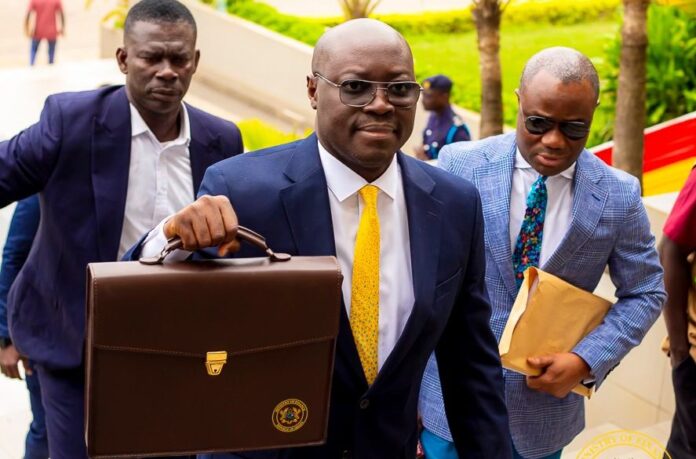Finance Minister Dr. Cassiel Ato Baah Forson will today, Thursday, November 13, 2025, present the 2026 Budget Statement and Economic Policy to Parliament ,President John Mahama’s first full-year budget since assuming office.
The presentation comes at a critical juncture in Ghana’s economic recovery journey, as the country readies to exit the International Monetary Fund (IMF) programme in May 2026. The budget is therefore expected to chart a clear path toward consolidating the macroeconomic stability achieved over the past year and transitioning to a homegrown, self-sustaining growth model.
Analysts say this year’s budget will serve as a litmus test for the government’s readiness to manage the economy independently of IMF oversight. Particular attention will be paid to strategies for maintaining debt sustainability, managing public expenditure, and creating an enabling environment for private sector growth.
Dr. Forson has hinted that the 2026 fiscal policy will focus on deepening economic resilience through job creation, productivity enhancement, and strategic investments in key sectors — including agriculture, manufacturing, and digital innovation.
One major intervention expected to be sustained in the 2026 budget is the “Big Push” infrastructure agenda, under which all of Ghana’s petroleum revenues have been dedicated for the next five years. The initiative aims to drive large-scale infrastructure development across sectors such as roads, health, education, energy, and housing — positioning it as a key pillar for economic expansion and job creation.
President Mahama had already hinted that, Ghc 30 billion has been earmarked in the budget for the Big Push.
The Finance Minister is also expected to outline measures to strengthen domestic revenue mobilisation, sustain disinflation efforts, and bolster social protection programmes aimed at cushioning the most vulnerable.
As Ghana prepares to exit the IMF programme, today’s budget is widely viewed as a defining moment for the Mahama administration to demonstrate fiscal discipline, restore investor confidence, and set the tone for inclusive, domestically driven growth.



